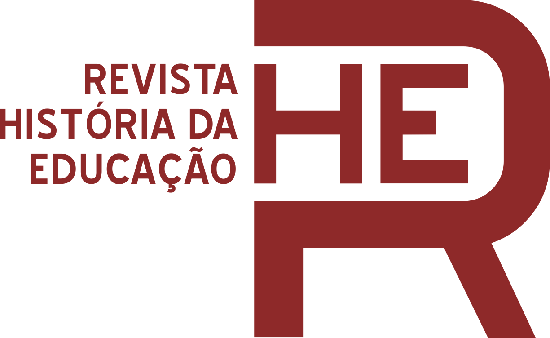ABSTRACT
This article analyzes narratives about German immigration found in regional textbooks about Santa Catarina, published between 1920 and 1994. These textbooks are here understood as “memorial texts”, and it is from this perspective that they were analyzed. Such as ancient palimpsests, textbooks are understood as records of memories from different temporalities, which demonstrate the present efforts to rework the past and indicate certain forms of interpretation that resist time. Such a theoretical and methodological approach accompanies the reflections presented in the book Schulbuch und Erster Weltkrieg, published by the Georg-Eckert-Institut für Schulbuchforschung. A summary of the book was presented in the manner of an introduction to the proposed exercise, that is: from analyzing the writing of school History, to provide intelligibility to the narratives about the arrival of the German immigrants to Santa Catarina in the nineteenth century in order to understand how such narratives were elaborated, altered and reiterated throughout the twentieth century, indicating interpretations and memories in the composition of the history of this state and its people. One of the specificities of this question concerns the amount of European immigrants who settled in Southern Brazil throughout the 19th century. From the narrative outline of the didactic historiography on German immigration to Santa Catarina, we highlight two events: (1) the arrival of the first German immigrants in the decade of 1820 and the foundation of São Pedro de Alcântara; (2) the foundation of what is known today as the city of Blumenau, in 1850. Some traces of the didactic historiography on the influence of Germanic culture in the formation of the Catarinense people are also worth noting. As we shall see, if São Pedro de Alcântara was elected to represent the past, Blumenau seeks, in the past, the outlines of its affirmation in the present. Both attest, however, to the understanding that such an immigration occurred for the progress and the economic and cultural development of Santa Catarina.
Keywords:
memorial texts; regional textbooks; german immigration
